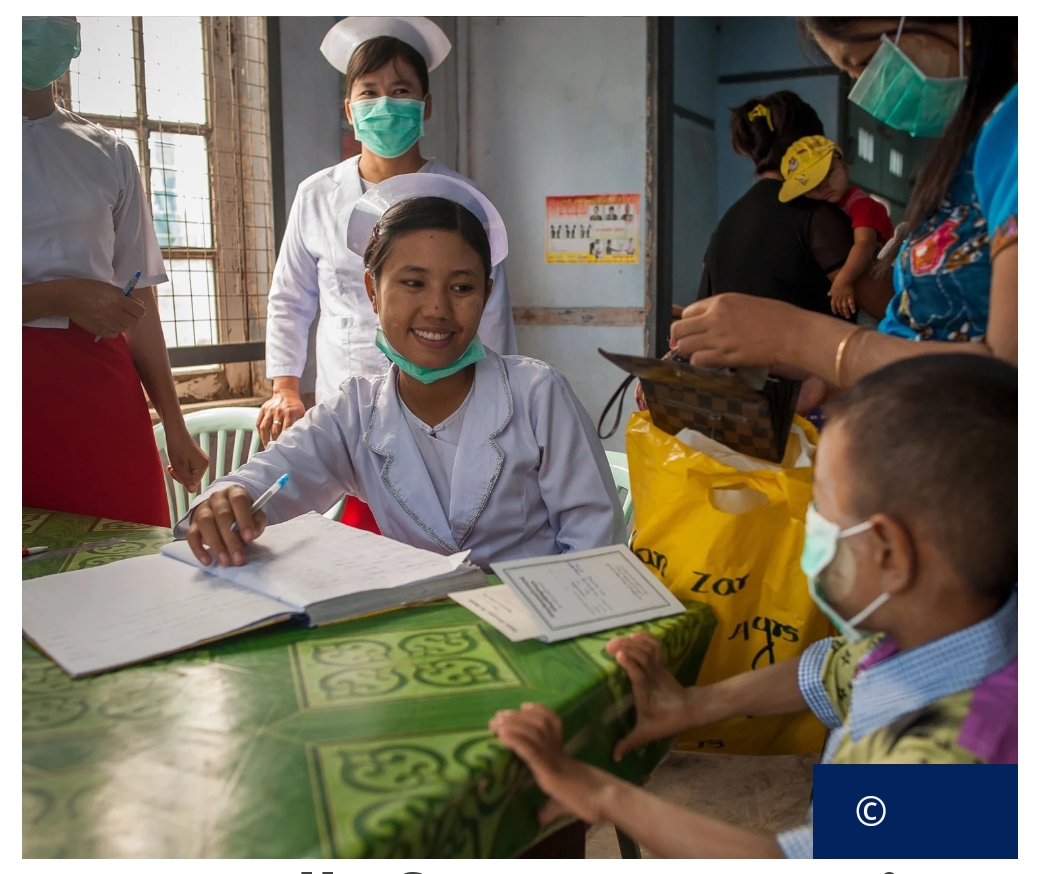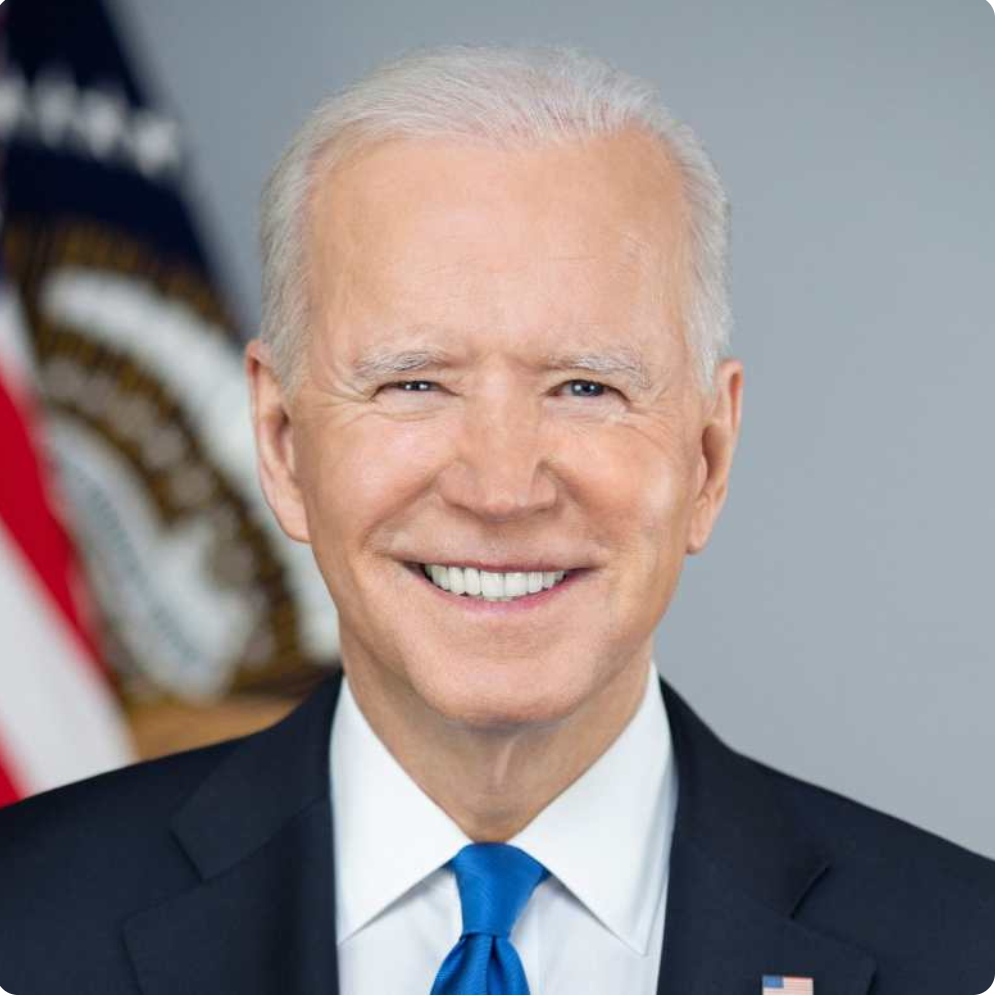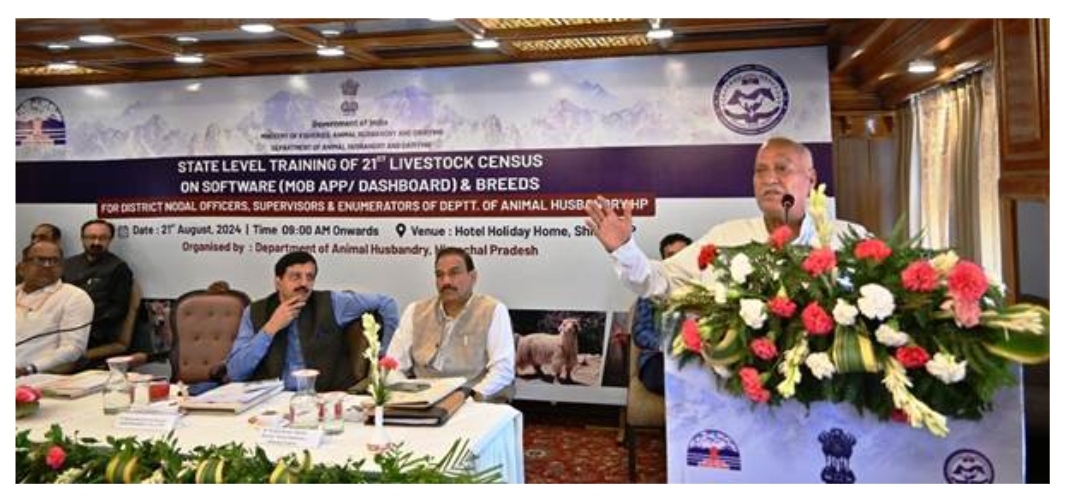WHO Urges Urgent Action on World Tuberculosis Day to Prevent Setbacks in Global TB Fight Amid Funding Cuts.
Geneva:
On World Tuberculosis (TB) Day, the World Health Organization (WHO) has issued a powerful call for urgent investment in the fight against tuberculosis, which remains the world’s deadliest infectious disease, claiming over one million lives annually. The WHO’s plea comes as global efforts to combat TB are threatened by severe funding cuts, rising drug resistance, and ongoing conflicts that continue to disrupt TB care and services across high-burden regions.
Under the theme “Yes! We Can End TB: Commit, Invest, Deliver,” the WHO campaign emphasizes the need for urgent action to protect and maintain TB care and support services, ensuring that resources are available for prevention, screening, and treatment. WHO Director-General Dr. Tedros Adhanom Ghebreyesus expressed grave concern about the setbacks caused by the ongoing global health funding cuts, which risk reversing the substantial progress made against TB over the past two decades.
“The huge gains the world has made against TB over the past 20 years are now at risk as cuts to funding start to disrupt access to services for prevention, screening, and treatment for people with TB,” Dr. Tedros stated. “But we cannot give up on the concrete commitments that world leaders made at the UN General Assembly just 18 months ago to accelerate work to end TB. WHO is committed to working with all donors, partners, and affected countries to mitigate the impact of funding cuts and find innovative solutions.”
Funding Shortfalls Threaten Global TB Progress
Reports from WHO indicate severe disruptions in TB response efforts across several high-burden countries, especially in the WHO African Region, followed by regions in South-East Asia and the Western Pacific. The ongoing funding crisis has led to the breakdown of key TB services, including shortages of human resources, disrupted diagnostic services, collapsing surveillance systems, and deteriorating community engagement efforts.
One of the most alarming consequences of these disruptions is the jeopardized procurement of TB drugs, with nine countries already reporting failures in their TB drug supply chains, risking interruptions in patient care and treatment continuity. Additionally, the global funding gap remains critical, with only 26% of the US$22 billion needed annually for TB prevention and care being available in 2023. TB research is also in a crisis, receiving just a fraction of the necessary funding, severely delaying advancements in diagnostics, treatments, and vaccine development.
Urgent Call for Coordinated Action
In response to the escalating challenges, WHO, alongside the Civil Society Task Force on Tuberculosis, has issued a joint statement calling for immediate, coordinated efforts from governments, donors, and health leaders to address the funding shortfall and prevent further disruptions. The statement outlines five critical priorities, including ensuring uninterrupted TB service delivery, securing sustainable domestic funding, safeguarding essential services, fostering collaboration among key stakeholders, and enhancing monitoring systems.
Dr. Tereza Kasaeva, Director of WHO’s Global Programme on TB and Lung Health, stressed the importance of swift and decisive action: “Investing in ending TB is not only a moral imperative but also an economic necessity—every dollar spent on prevention and treatment yields an estimated US$43 in economic returns.”
New Guidance for Integrating TB and Lung Health into Primary Healthcare
As part of its efforts to combat the growing resource constraints, WHO is promoting the integration of TB and lung health into primary healthcare systems. New technical guidance released by WHO outlines critical actions to strengthen TB care, focusing on prevention, early detection, and improved patient follow-up. This guidance aims to address shared risk factors such as overcrowding, tobacco use, undernutrition, and environmental pollutants, ultimately reinforcing the global response to TB and related lung health conditions.
A Call to Action on World TB Day
On this World TB Day, WHO has called on individuals, communities, societies, donors, and governments to do their part to help end TB. Without immediate action, the TB response could face irreversible setbacks, endangering millions of lives and threatening global health security.



